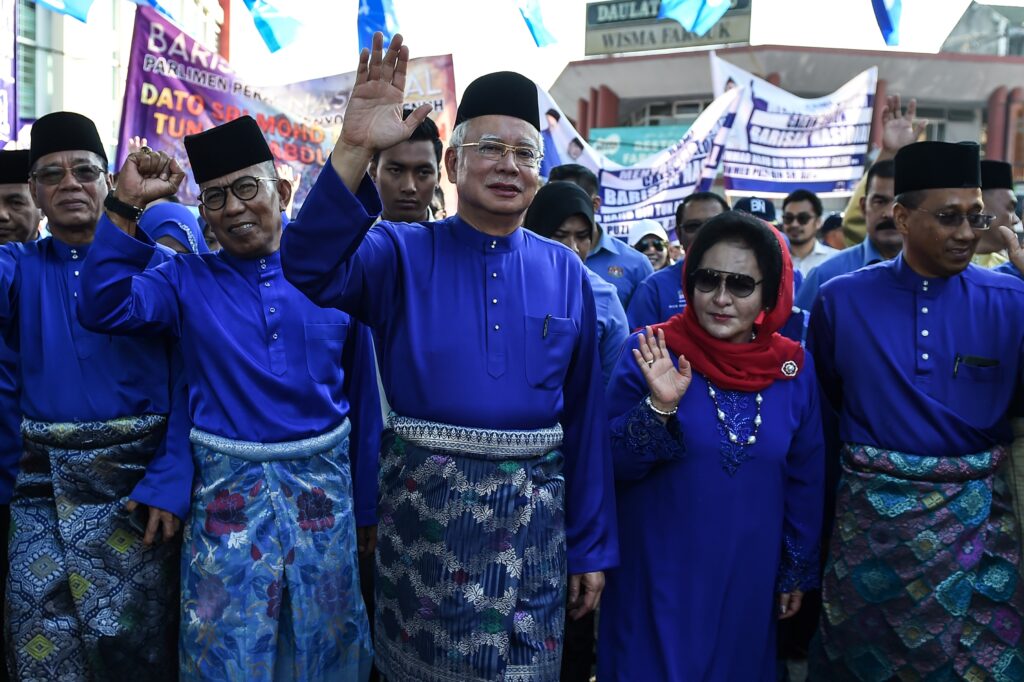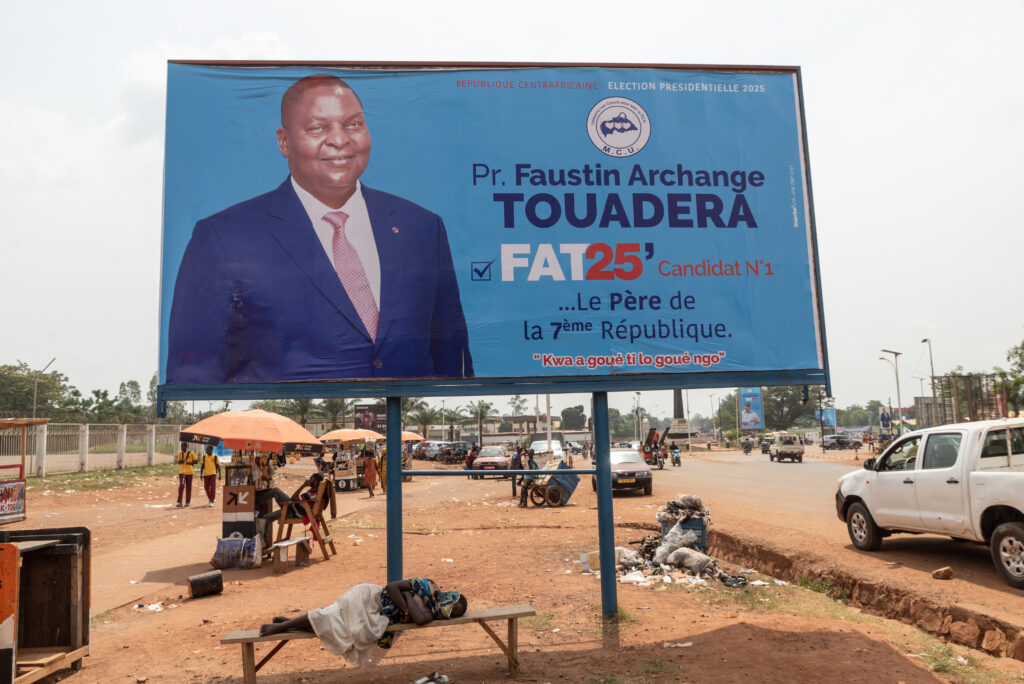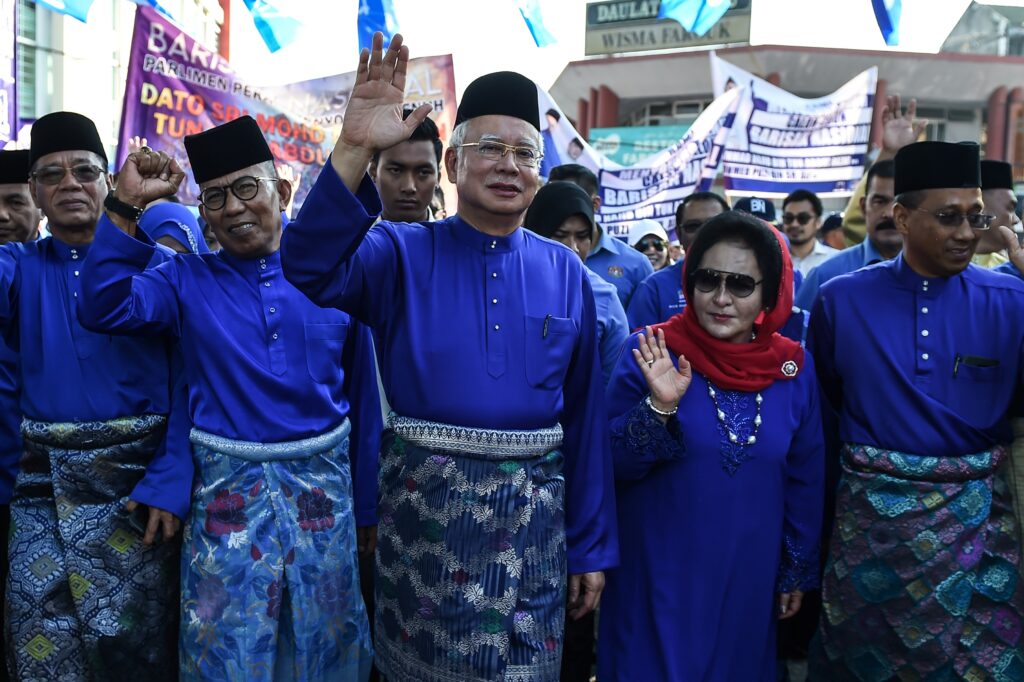Enfant de La Paillade, où il joua quasiment toute sa carrière, puis entraîneur emblématique, Jean-Louis Gasset est mort vendredi à l’âge de 72 ans, le président de la Fédération rendant hommage à un “grand serviteur” du football français.Passionné de football et du club de Montpellier, co-fondé en 1974 par son père Bernard et par Louis Nicollin, Jean-Louis Gasset fut aussi un adjoint indissociable de Laurent Blanc -qu’il avait vu éclore comme joueur à La Paillade- à Bordeaux, au PSG et en équipe de France, où le duo eut pour mission de soigner les Bleus après le naufrage de Knysna au Mondial-2010.”Le football français perd aujourd’hui l’un de ses grands serviteurs, a salué dans un communiqué le président de la FFF, Philippe Diallo. Au-delà du technicien reconnu et respecté, c’était un véritable amoureux du football, profondément humain, inspirant et engagé.”Mais Jean-Louis Gasset rime donc en premier lieu avec Montpellier, sa ville natale, et son club de coeur, La Paillade, où le milieu de terrain joua quasiment toute sa carrière, de 1975 à 1985, le portant de la DH à la D1. Et où il entraîna plusieurs fois, venant à la rescousse à la demande express de “Loulou” Nicollin et de son fils Laurent.”Enfant du club, il a marqué tous ceux qui l’ont croisé par son professionnalisme, sa gentillesse et sa soif de transmission”, a réagi vendredi le MHSC, soulignant avoir “perdu l’une de ses figures emblématiques”.”Notre tristesse est immense lorsque l’on se rappelle de son sourire, de sa voix inimitable et de son sens aiguisé de la formule”.Le club de Montpellier, aujourd’hui en L2, n’a pas communiqué sur la cause du décès.- “Valeurs humaines” -Jean-Louis Gasset était apparu las ces dernières années, notamment à l’Olympique de Marseille, en 2024, où ses qualités humaines et techniques ont toutefois laissé un bon souvenir durant une période compliquée comme l’OM sait en fabriquer.”Le club perd aujourd’hui bien plus qu’un entraîneur: il perd un homme de football respecté, un technicien d’expérience, et une figure profondément attachée aux valeurs humaines de ce sport”, a souligné l’OM, où il était effectivement “apprécié des joueurs comme des dirigeants”.Ce sentiment de lassitude avait paru encore plus fort lors de son ultime passage à Montpellier,la saison dernière, alors que sa “Paillade” s’enfonçait vers la Ligue 2.”On n’est plus le club atypique, familial qui essaie de lutter. Je le sens et il y a tout qui s’en va…”, avait soupiré Gasset, avant de se retirer sur la pointe des pieds en recommandant de nommer comme successeur Zoumana Camara, côtoyé au PSG.- Blanc-Gasset, binôme à succès -Car c’est comme adjoint de Laurent Blanc, notamment à Paris, que Jean-Louis Gasset a principalement connu le succès.A Bordeaux, tout d’abord, le duo décrocha le titre de champion de France en 2009. Comme sélectionneur adjoint des Bleus ensuite, de 2010 à 2012, où après Knysna “il contribua à remettre l’Équipe de France sur la route de ses plus grands succès”, selon les mots de Philippe DialloPuis le binôme débarqua dans la capitale pour prendre en main le PSG version qatarie durant trois saisons, de 2013 à 2016, avec de quoi étoffer leur palmarès (trois titres de champion de France, deux coupes de France notamment), même si la Ligue des champions se refusa à eux.”La famille Paris Saint-Germain et le football français sont en deuil”, a réagi sur son compte X le champion d’Europe.Jean-Louis Gasset connut sa propre expérience de sélectionneur, avec le Côte d’Ivoire, à partir de 2022. Un mandat plutôt convaincant mais qui se termina d’une bien étrange manière, par une démission, en janvier 2024, en pleine CAN à domicile, après un début de parcours raté. L’électrochoc fonctionna à plein, son adjoint Emerse Faé conduisant les Elephants jusqu’à un sacre insensé.Le décès de Jean-Louis Gasset intervient alors que les Ivoiriens viennent de remettre leur couronne en jeu dans le cadre de la CAN-2025 au Maroc. “L’homme à la casquette” “restera une des figures marquantes de la victoire de la CAN-2024”, a souligné la fédération ivoirienne.






